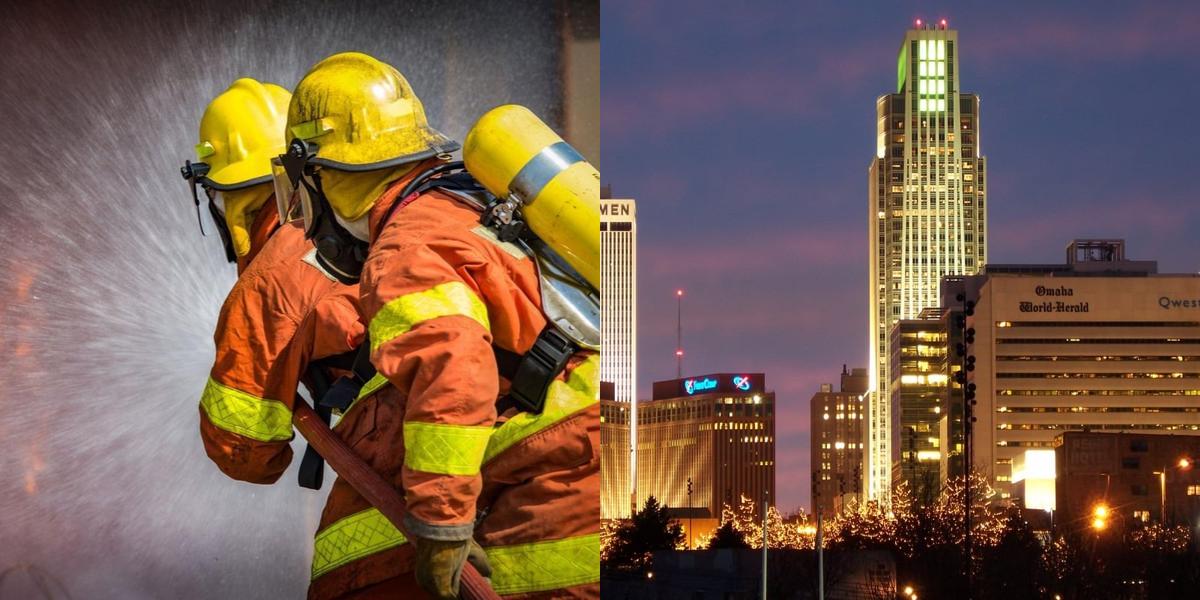How to Become a Firefighter in Nebraska (2025)

Firefighting is one of the most respected careers in public safety, requiring courage, training, and a commitment to community service. In Nebraska, firefighters earn a median salary of $58,960 per year, according to the U.S. Bureau of Labor Statistics (May 2024). This guide explains the requirements, training, certification, and career paths available for those pursuing firefighting in the state.
How Long Does Firefighter Training Take?
Most firefighter training in Nebraska takes 6–12 months, blending classroom study with live-fire drills and field exercises.
Where to Find Firefighter Classes in Nebraska
Dreambound offers a comprehensive list of firefighter training programs in Nebraska. Visit Dreambound to compare courses, read reviews, and enroll in the program that best suits your career goals.
How to Get a Job as a Firefighter?
To stand out in a competitive hiring process:
- Volunteer – Many departments value volunteer firefighting or EMS experience.
- Stay physically fit – Strength and endurance are essential.
- Continue learning – Pursue advanced certifications and stay updated.
- Network – Attend fire department events and join associations like IAFF.
- Prepare for interviews – Know the department’s mission, values, and expectations.
Career Paths and Opportunities after Becoming a Firefighter
Firefighting can lead to specialized and leadership careers:
- Fire Officer – supervise teams and manage emergency operations.
- Fire Investigator – determine fire causes and collect evidence.
- Fire Inspector – enforce safety codes in public and private buildings.
- EMS Specialist – provide emergency medical response.
- Specialized Teams – HAZMAT, technical rescue, or wildland firefighting.
- Fire Instructor – train the next generation of firefighters.
Frequently Asked Questions
How much does a Firefighter make in Nebraska?
The median annual salary is $58,960. However, in competitive metro areas like Omaha and Lincoln, starting salaries are often higher, and with overtime/benefits, experienced firefighters can earn significantly more.
Do I need to be a Paramedic?
No, but it helps immensely. Most departments require EMT-Basic. However, being a licensed Paramedic makes you extremely competitive and often comes with a significant pay bump or hiring preference points.
Can I volunteer first?
Yes! Nebraska has a robust volunteer fire service. Volunteering is an excellent way to get free training (departments will often pay for your Firefighter I and EMT classes) and gain experience while applying for full-time career jobs.
Final Thoughts
A career as a firefighter in Nebraska offers both personal fulfillment and financial stability. With structured training, certification, and dedication, you can serve your community while earning a solid living.
Ready to start? Enroll in a firefighter training program today through Dreambound and take the first step towards a fulfilling career.
Explore other career opportunities in Nebraska:

Alyssa Jane is part of the customer success team at Dreambound. She works with students, training providers, and employers, helping them have a smooth customer journey. She is also an ESL tutor and Licensed Psychometrician. She is fond of traveling, photography, and discovering new restaurants.




